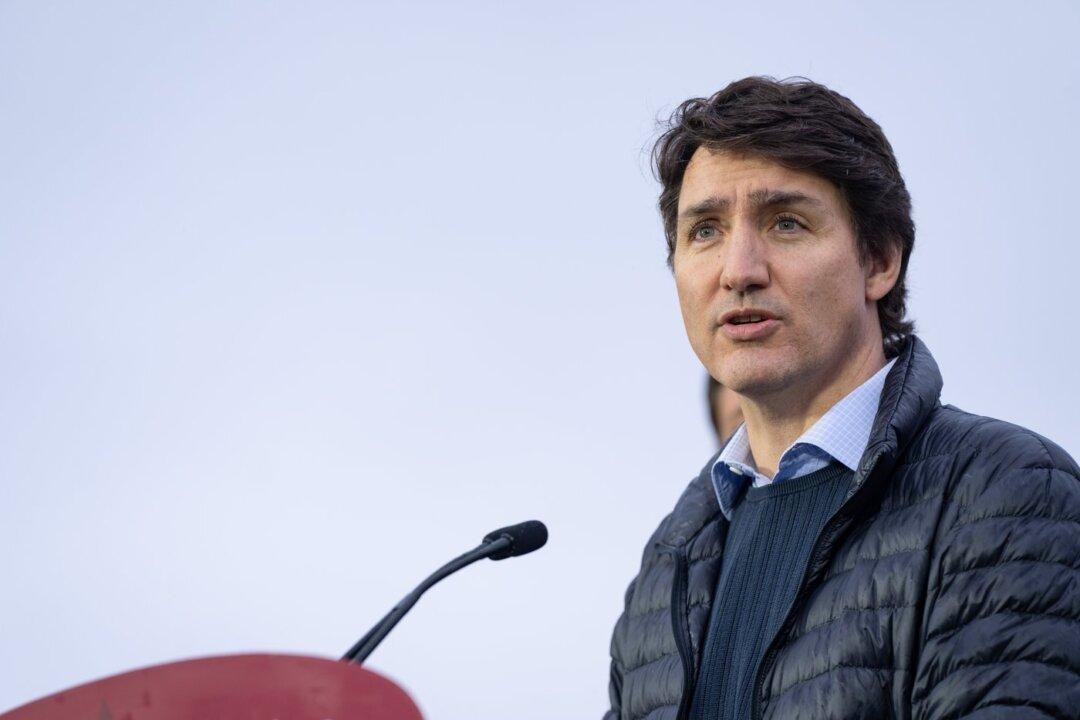Prime Minister Justin Trudeau is accusing Newfoundland and Labrador’s Liberal premier of giving in to “political pressure” for joining other provincial leaders in criticizing the April 1 carbon tax increase.
This came following a letter that Premier Andrew Furey sent to Mr. Trudeau on March 12 asking him to pause the 23 percent tax increase, saying Canadians are living under “mounting financial strain.”





